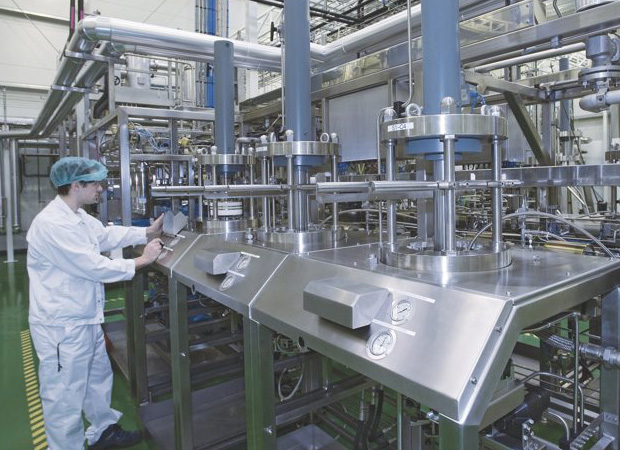
Photo source: kromasil.com
As a student of pharmaceutical or life sciences (or anyone interested in how science is bettering our world), you will inevitably learn about the latest High Performance Liquid Chromatography (HPLC) techniques and how they fit into different industries. At this point, HPLC is an established technique dating back to the early twentieth century, but over the decades, the process has been refined and simplified. It has evolved from a multi-unit process to a standardized procedure with a single piece of laboratory equipment.
HPLC works differently that traditional liquid chromatography because it uses a man-made high-pressure process instead of gravity to separate substances for clinical research and contamination tests. In the latter context, it’s particularly useful when it comes to substances that are consumed (like any food or drug). HPLC has particular weight in many contexts because of the speed that testing can be done, making it a favourite for high efficiency processes.
What are the HPLC training trends?
The speed and preciseness of HPLC is very important for the pharmaceutical industry, where the exact measurement of medicines and drugs can be life or death for a patient using them. For example, even the slightest mistake with a painkiller (or even vitamins) can lead to sickness and death and using HPLC in pharmaceutical quality control has become a trusted standard. And emphasis on HPLC training helps build better drugs in laboratories and can even help doctors check and study a patient’s blood and other biological samples for certain levels of chemicals. This makes it the go-to certification for many healthcare jobs with a lab focus, giving it many career applications.
What about food safety training? Cooking carries a lot of similarities to chemistry, and is indistinguishable at the industrial scale. Consider the amount of additives, dyes and other active ingredients that must be precisely measured in large batch cooking, baking or brewing. As we’ve talked about before, the regulation around food safety training can be as high as that in pharmaceutical quality control. Once again, HPLC processes are a great way of food production facilities to maintain consumer safety.
How do you use HPLC training in your career?



